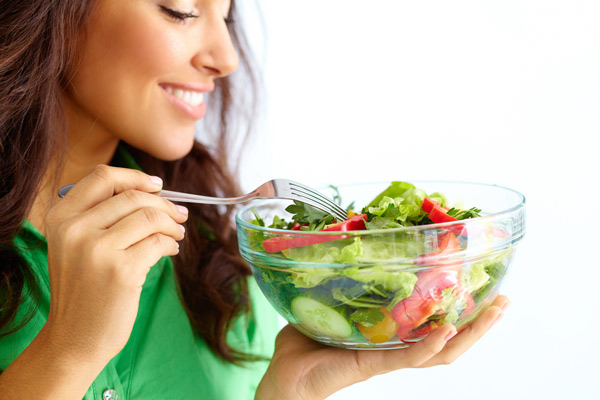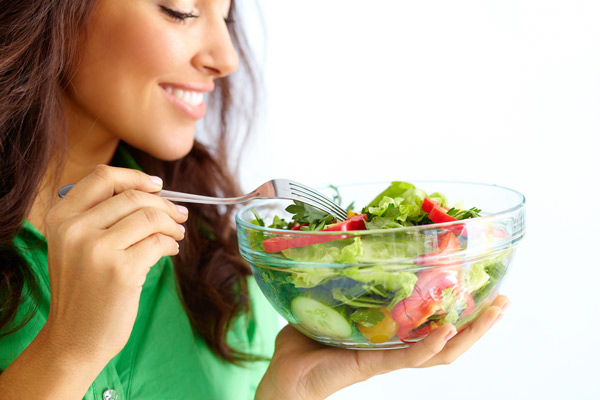
The Heart and Stroke Foundation convened a panel of experts to review the evidence on saturated fat and gave a straightforward advice. The group released its new position statement
- ‘Eating fat makes you fat’, idea debunked: Fat is not our ENEMY, what’s more important is to focus on the type of fat we consume. Choose heart-healthy fats such as monounsaturated fats and polyunsaturated fats from nuts, fish and plant-based vegetable oils. Focus on the whole diet, not specific nutrients. Saturated fats found in meat, eggs and dairy should not exceed above about 10 per cent. Avoid harmful artificial trans fats, used to hydrogenate vegetable oils into a solid such as those used in shortening, because they raise the risk of heart disease, increase bad cholesterol levels and reduce good cholesterol levels.
- Superfood status for fruits and vegetables overvalued, dietitian says: Avoid getting carried away with the idea of “superfoods” in general, which usually is a marketing gimick. “Don’t overdo the ‘supefoods’ and leave out other fruits and vegetables. Try to include a variety of different fruits and vegetables for vitamins and nutrients. Powerhouse fruits and vegetables (PFV), foods are most strongly associated with reduced chronic disease risk, and are described as green leafy, yellow/orange, citrus, and cruciferous items.
- Food cravings engineered by industry: The top scientists involved in the largest companies work amazingly (math and science) to find the very perfect amount of salt, sugar and fat that should go in their products that will send us over the moon, and will send their products flying off the shelves and have us buy more, eat more and … help them make more money for us. In the words of Bruce Bradley, a former food industry executive who spent 15 years working at General Mills, Pillsbury and Nabisco, and ran some common food brands including Honey Nut Cheerios and Hamburger Helper “What we eat and drink from a lot of these big food and beverages companies isn’t that good for us and we should reconsider it. These products are designed to keep you coming back to eat more and more and more. They’re trying to increase their share of your stomach.” The company’s researchers have learned to study their products, fiddle with the formulas until they hit that very perfect spot of just enough and not too much sugar to create what they call the bliss point.
It’s time to get back to basics:
- Cook from scratch at home as much as possible with whole ingredients.
- Teach children and young people how to cook, including through home economics classes in school.
- Pay attention to portion sizes.
- Eat a healthy, balanced diet with a variety of natural and whole foods.
- Eat fewer highly processed foods such as sugary drinks, sweets, salty snacks and processed meats with many ingredients, additives and preservatives. Examples of ultra-processed foods include soft drinks, packaged fruit juices, cookies, ice cream, salty snacks, ready meals and bottled sauces.
